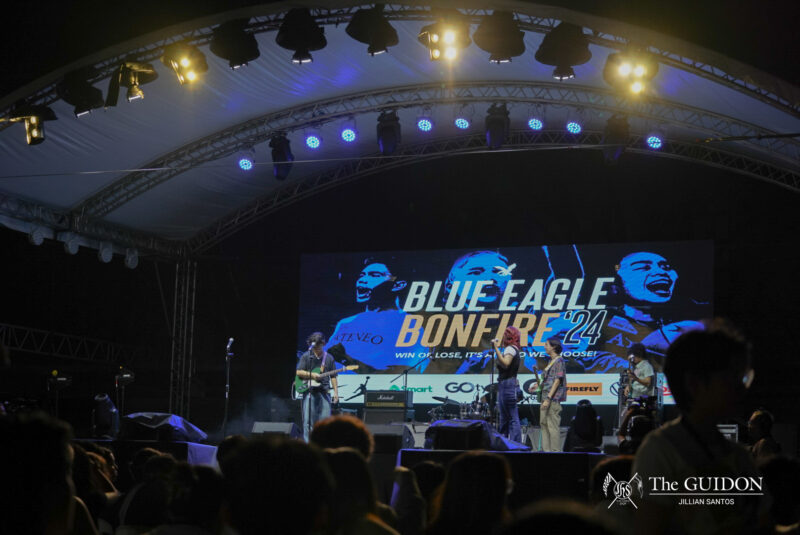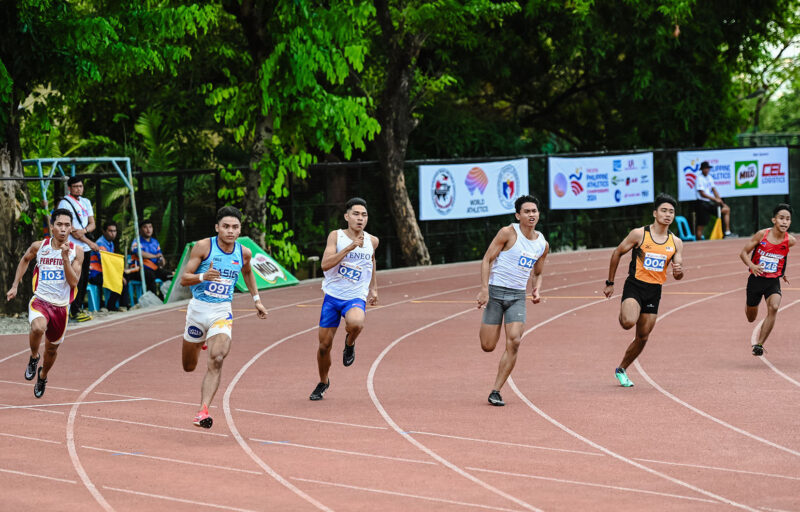DESPITE DECLINING conflict incidents in 2019, the Bangsamoro Autonomous Region in Muslim Mindanao (BARMM) continues to experience extremist violence. Provinces in the region were wracked by suicide bombings, the Islamic State group’s persistent recruitment of youth and women, and violent extremism’s continued growth behind the shadows.
These acts of terror continue to litter Mindanao today. December 2020 alone saw Bangsamoro Islamic Freedom Fighters (BIFF) and Dawlah Islamiyah (DI) members assault military and law enforcement assets in Maguindanao on three different occasions. Attacks by the New People’s Army, Abu Sayyaf, and other rebel groups continue to bleed over places such as Surigao del Norte and Tawi-Tawi well into the new year.
Citing the urgent need to strengthen the law on anti-terrorism, President Rodrigo Duterte called for the immediate passage of the Anti-Terrorism Law (ATL) in June. Although the bill-turned-law came to effect one month later, its lawfulness remains subject to debate at the Supreme Court. Meanwhile, recent developments in Mindanao contribute little to the ATL’s cause as peacebuilding-rhetoric shifts to calls for discussions on stronger institutions instead of stronger bills.
On the offensive
In the face of armed violence, the Philippine government is well-equipped with a plethora of instruments—martial and legal—to help curb prevailing acts of terror.
At the forefront of upholding national security are the military and law enforcement. The Armed Forces of the Philippines (AFP), the Philippine National Police and regional police, intelligence-gathering bodies, and other related assets work together to neutralize all terror threats. A recent example of this was the December 29 joint anti-drug operation between the police and military, which led to the death of a member of IS-inspired Soccsksargen Khatiba, a DI sub-group. Prior to this, a joint operation saw the killing of the sub-group’s leader and three other terror suspects.
Another instrument that has recently joined the Philippine government’s arsenal is the controversial ATL. Bolder than its predecessor, the Human Security Act, the ATL’s ratification eased safeguards so as to deftly pursue terror groups and the establishment of the Anti-Terror Council (ATC). Before the turn of the new year, the ATC designated the Communist Party of the Philippines and the New People’s Army as terrorist groups.
However, continued clashes and intensified violence in Mindanao do little to allay questions of the aforementioned instruments’ effectivity. If any, they are only poised to exacerbate the situation.
Another Marawi
With frontline agencies and the ATL implementing countermeasures against terrorism, collaboration between these actors may prove to be a key factor in the fight against terrorism. Political Science Professor Jennifer Santiago Oreta, PhD, argued that “the area… that needs to be improved…[is] the partnership of the intelligence community and the law enforcement units.”
While the ATL offers stronger legal ammunition, it cannot replace institutional reform and thorough intelligence work. A need for more robust institutions is evidenced by the AFP when they released intel that falsely red-tagged various University of the Philippines alumni. Hostilities also rose between the police and the military last June when several policemen killed four military intelligence officers in Jolo, Sulu.
The ATL attempts to address this incongruence with the designation of the ATC as the coordinating body. However, its effectiveness as a legal instrument is still dependent on the individual capacity of the frontline agencies. As Oreta noted, cooperation would be futile if frontline agencies are unable to produce competent intelligence networks and useful information.
Without the assurance that the ATL will improve the authorities’ case building capacity, frontline agencies are challenged to strengthen their intelligence bodies. “The law is simply a law, but the major problem we have really is the capacity of our agencies to address the problem of terrorism on the ground,” said Oreta.
Invisible battles
The country’s current counterterrorism efforts focus on military and counterterrorism operations. However, the complexities of terrorism create a dilemma outside the battlefield where military and legal instruments are inapplicable. The struggle to eliminate terrorism in the long-term is where the intersectionality between frontline agencies is crucial.
For instance, Oreta explained that convicted terrorists must be separated from other inmates in jail to deter recruitment, a duty of the Bureau of Jail Management and Penology under the Department of the Interior and Local Government. Otherwise, frustration against the government and the promise of livelihood create a fertile ground for indoctrination.
Meanwhile, rehabilitation services and recruitment prevention should also be extended to local communities as social networks play a large role in generating support for armed groups. According to the Development Alternatives Incorporated’s 2018 study, family and community bonds influence radicalization more than any other social or economic factor. As such, Oreta stressed that “rehabilitation should not [only] focus…on the members of terror organization[s], but also it should involve the community because this is your pool of recruits.”
Implementing initiatives to combat the influence of terror groups in their localities is an obligation of local government units (LGU). As frontline agencies, LGUs must take comprehensive measures to prevent radical ideologies from penetrating communities. This localized influence underlines the need for cooperation, suggesting that the fight against terrorism does not end with incarceration.
While the ATL does provide useful provisions in fighting terrorism, it is no silver bullet. Extremism will continue to cripple the country if the weaknesses in the country’s terror approach and intelligence community are left unanswered. Without proactive government interventions, acts of terror like the incidents in Maguindanao and the Marawi Siege will be recurring events.




